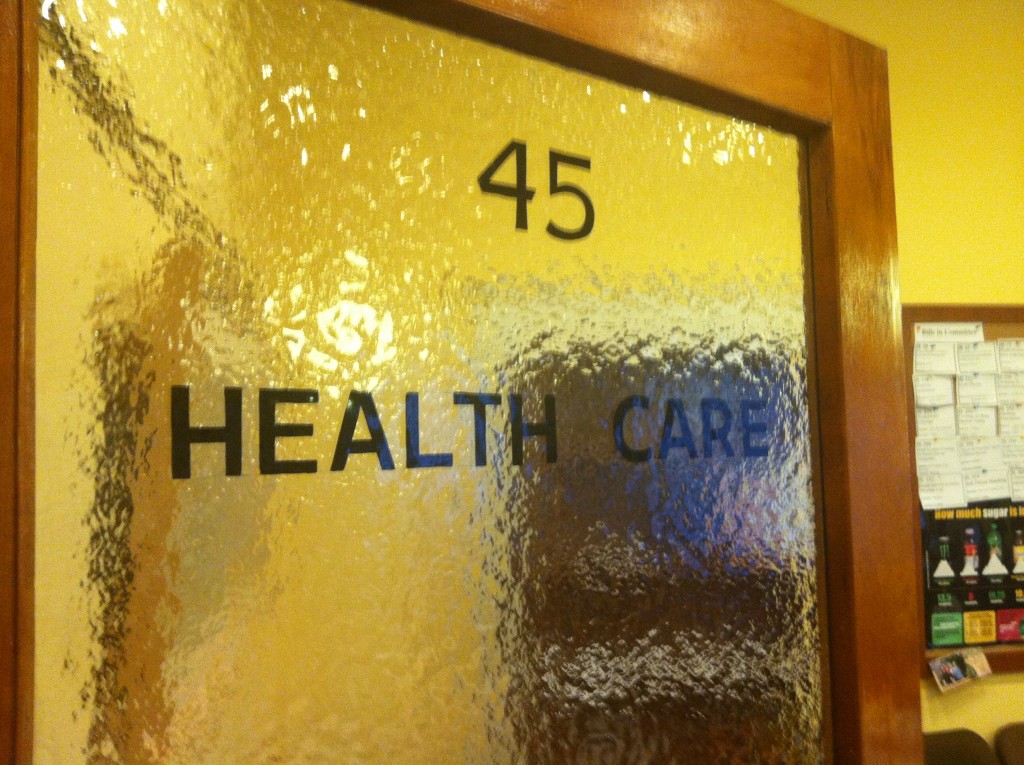Last week, VPIRG Consumer Protection Advocate Falko Schilling presented the House Health Care Committee with one of the first comprehensive overviews of insurance claims denials in Vermont.
The information was gathered from new reporting required by VPIRG backed legislation passed by the legislature last year. The new law pulls back the curtain on insurance claim denials and shows consumers how much of their premium dollar is going to non-health related expenses such as lobbying and executive compensation.
Click here for a pdf of our visual analysis of the data presented to the Health Care Committee, or you can click here and go to the bottom right corner of the page to see the original filings.
The data shows that in 2012 377,352 or 9% of all claims in Vermont were denied for one reason or another. The majority of these claims were “administrative” which means they do not directly impact what people are asked to pay or what services are covered, but they can add significant administrative costs to the system.
In all 55,161 claims were denied that had a direct impact on what consumers were asked to pay, or what services were covered under their insurance, also known as “member impact denials”. The reported data shows that there is significant variation in the rates of pharmacy denials that directly impact members, while rates of medical denials were relatively similar.
The most surprising statistic that these reports revealed was how few denied claims were actually appealed. Denying your insurance claims is “a numbers game for insurers,” according to former Cigna VP turned health insurance whistleblower Wendell Potter, and these statistics show that insurers are winning. Of the 377,352 claims that were denied last year there were only 456 post service appeals. These numbers confirm what we already knew, that insurers have little disincentive to deny claims when there is such a miniscule chance that these denials will actually be appealed.
Stay tuned to our website as more health care updates will continue to roll in as the legislative session comes to a close.

